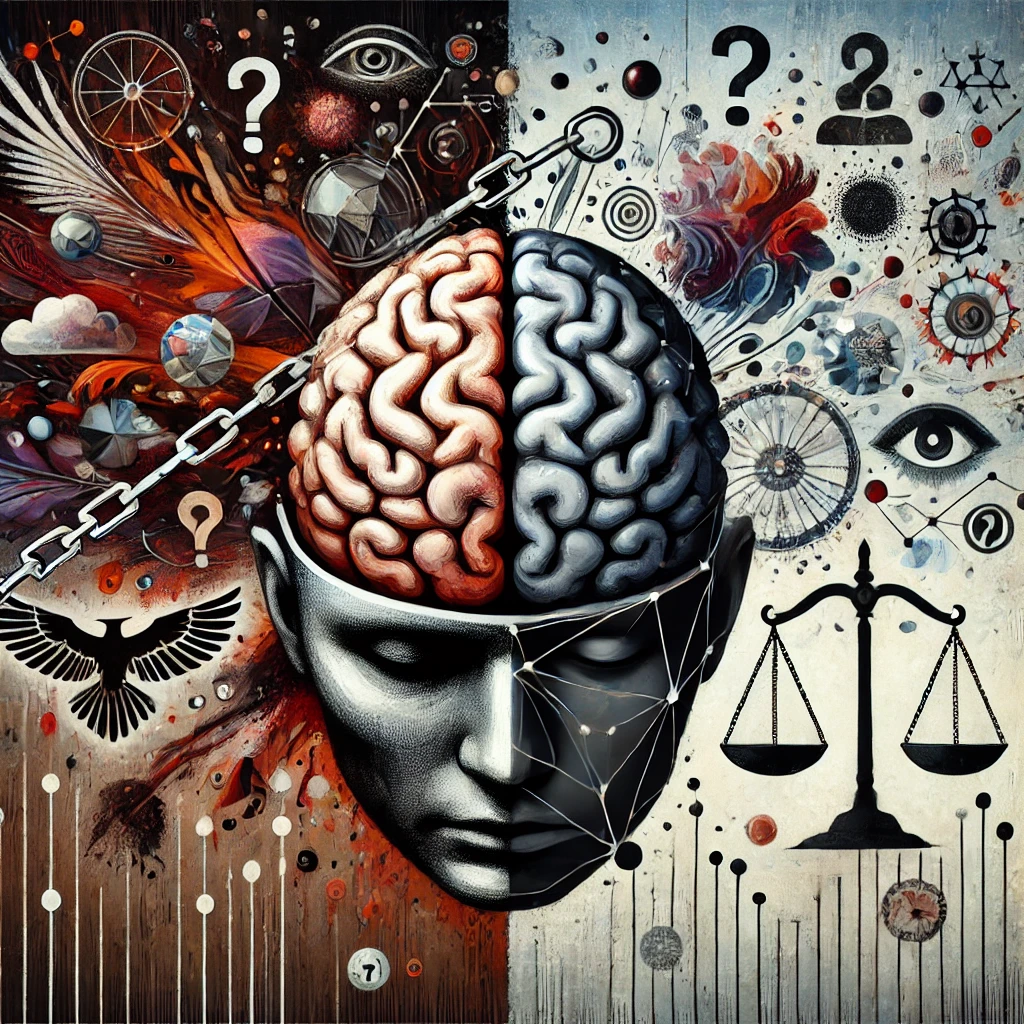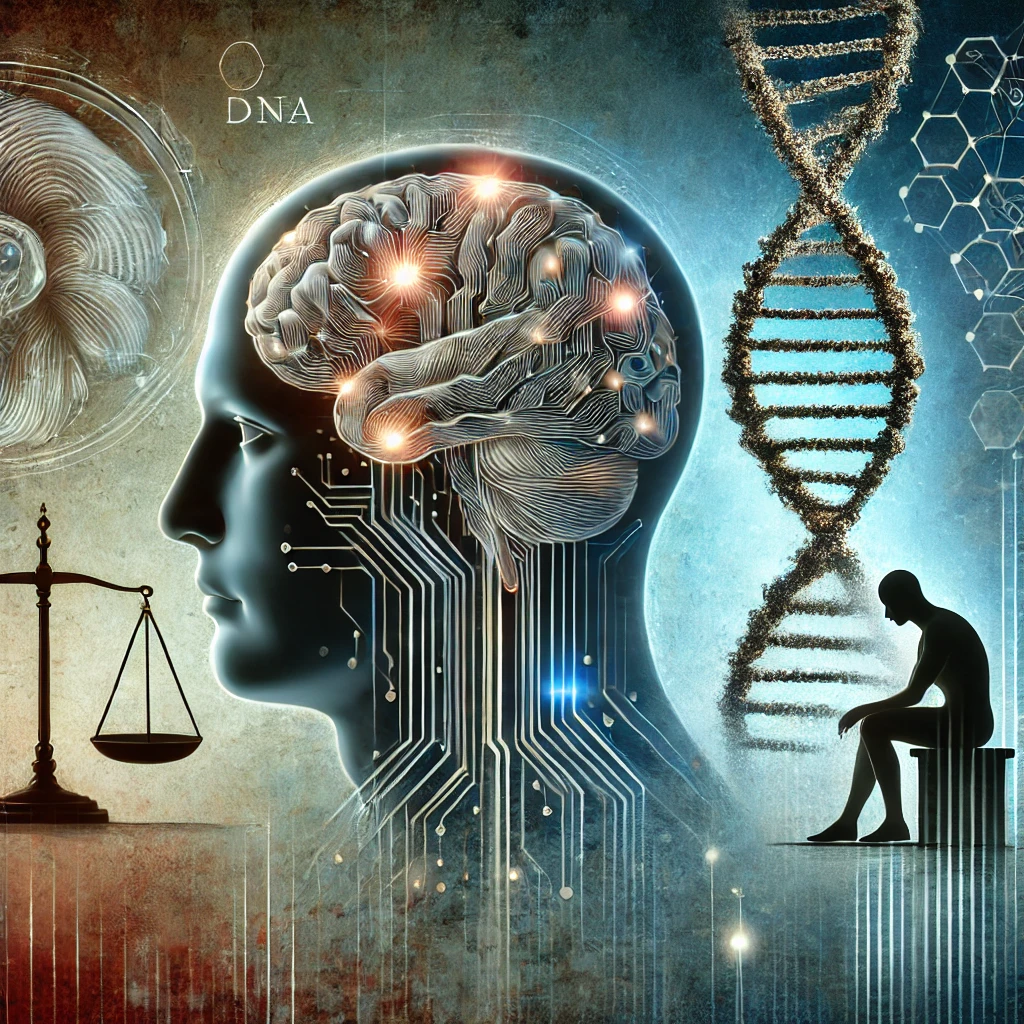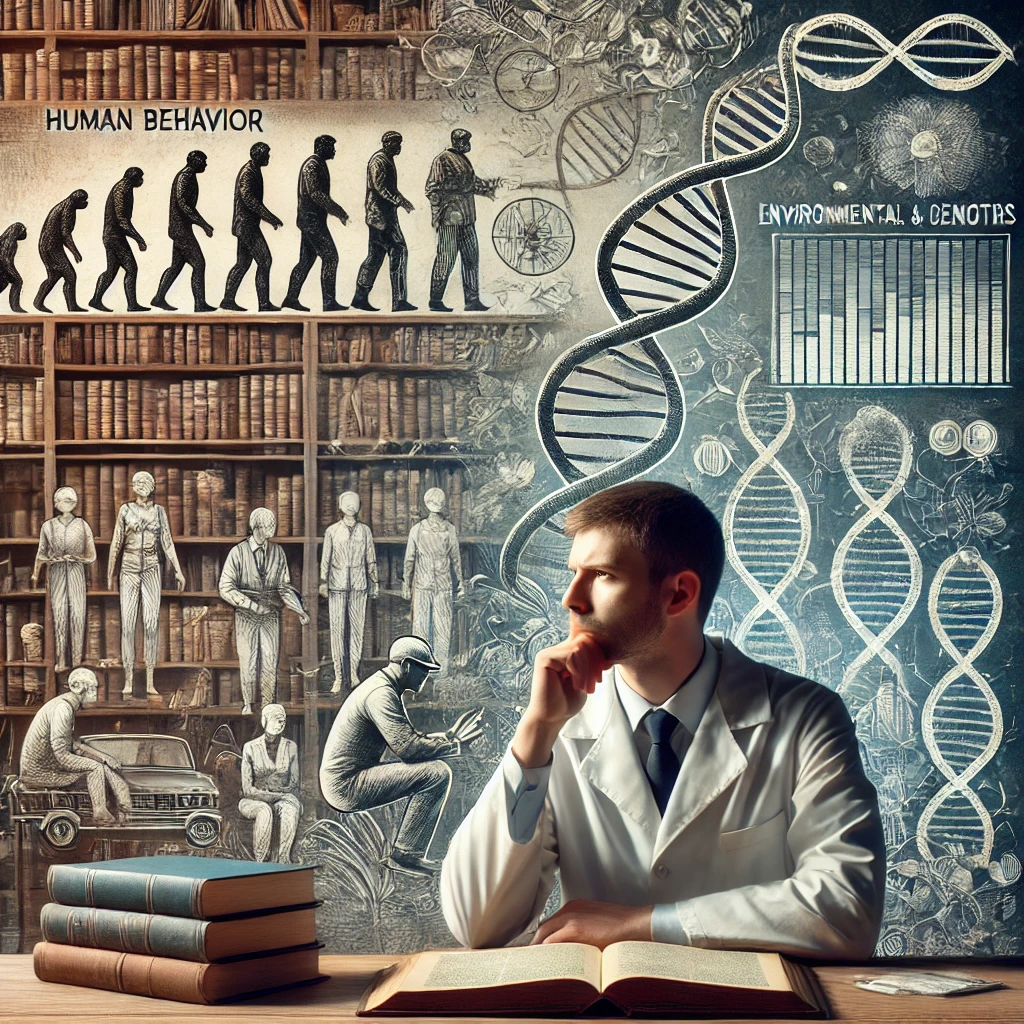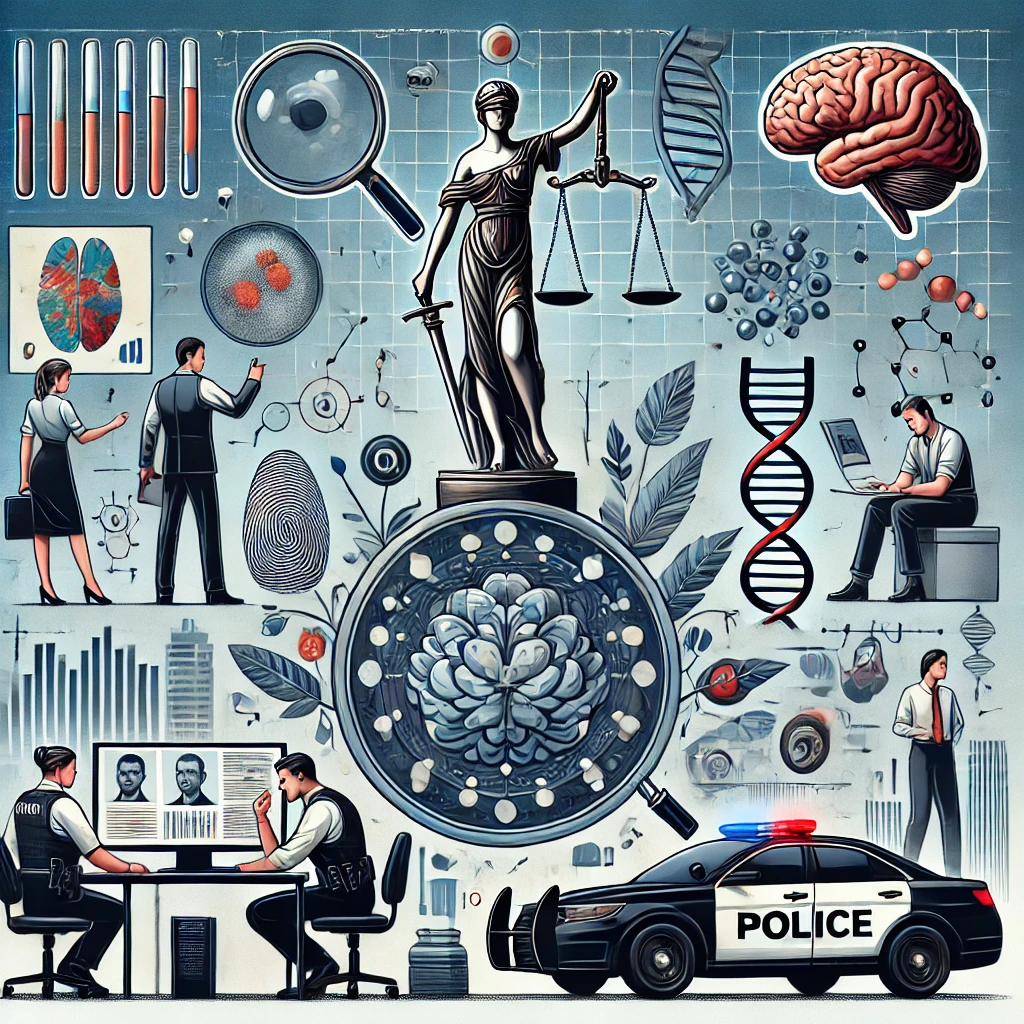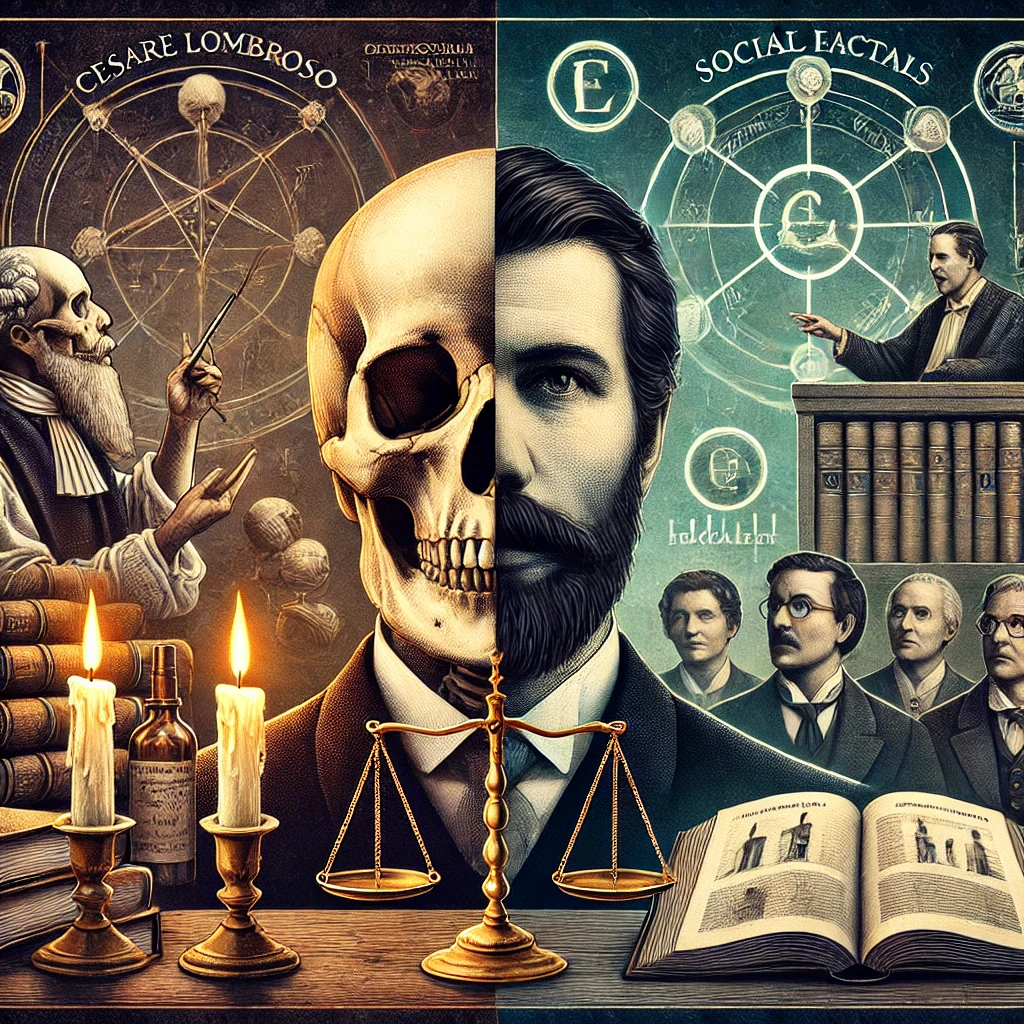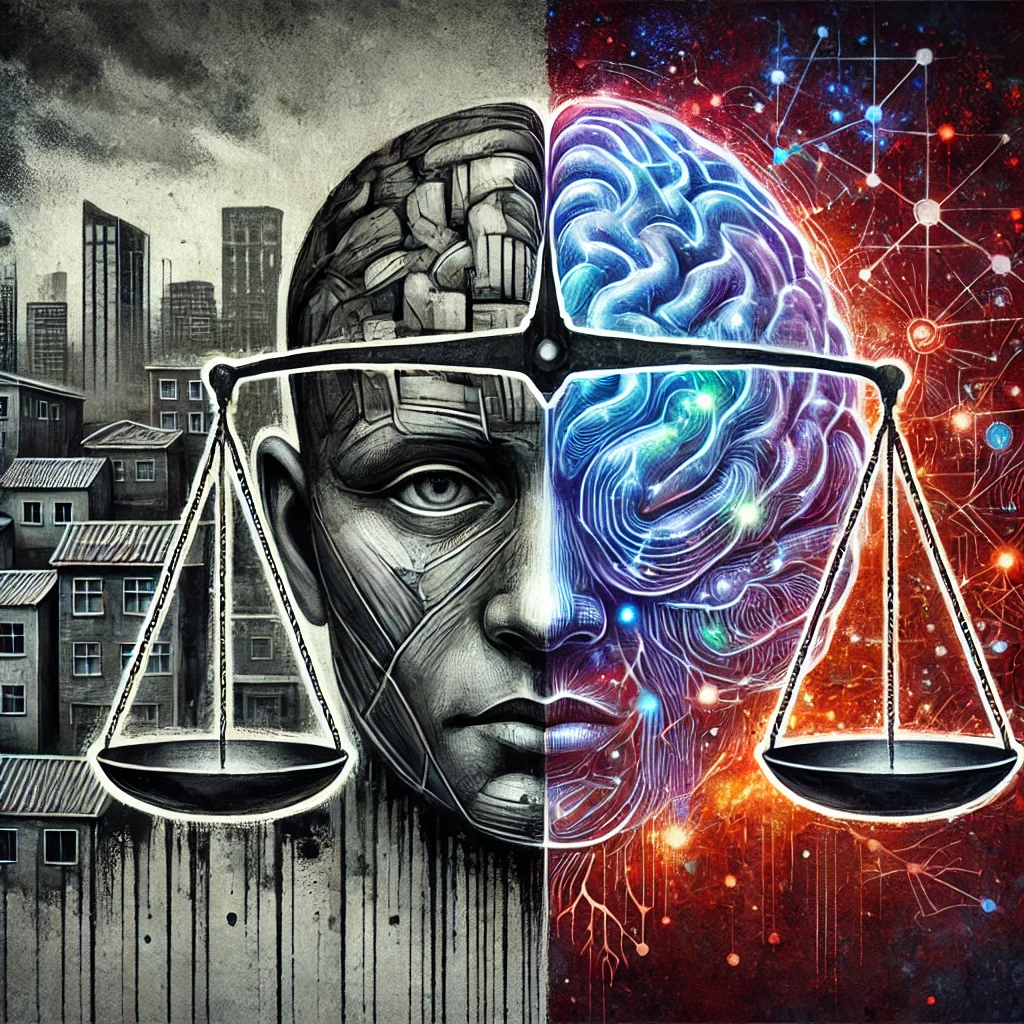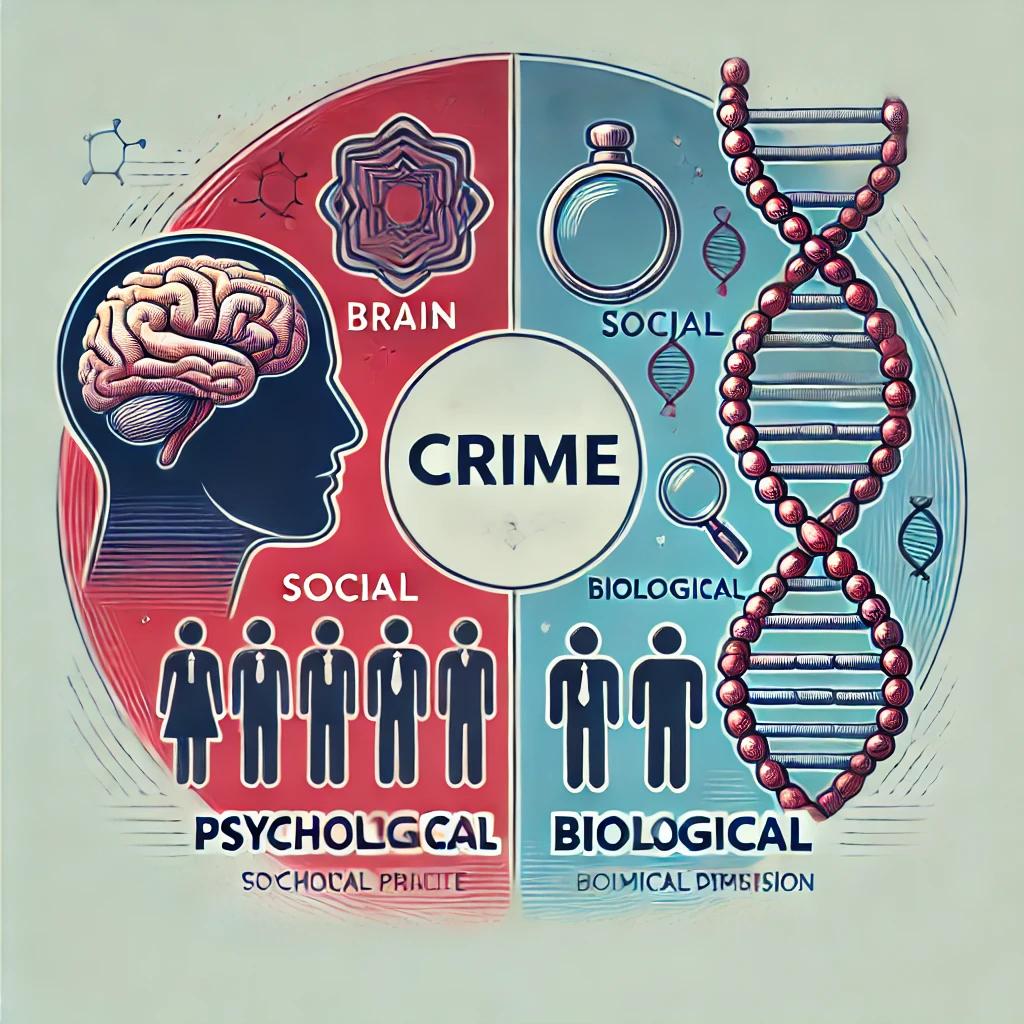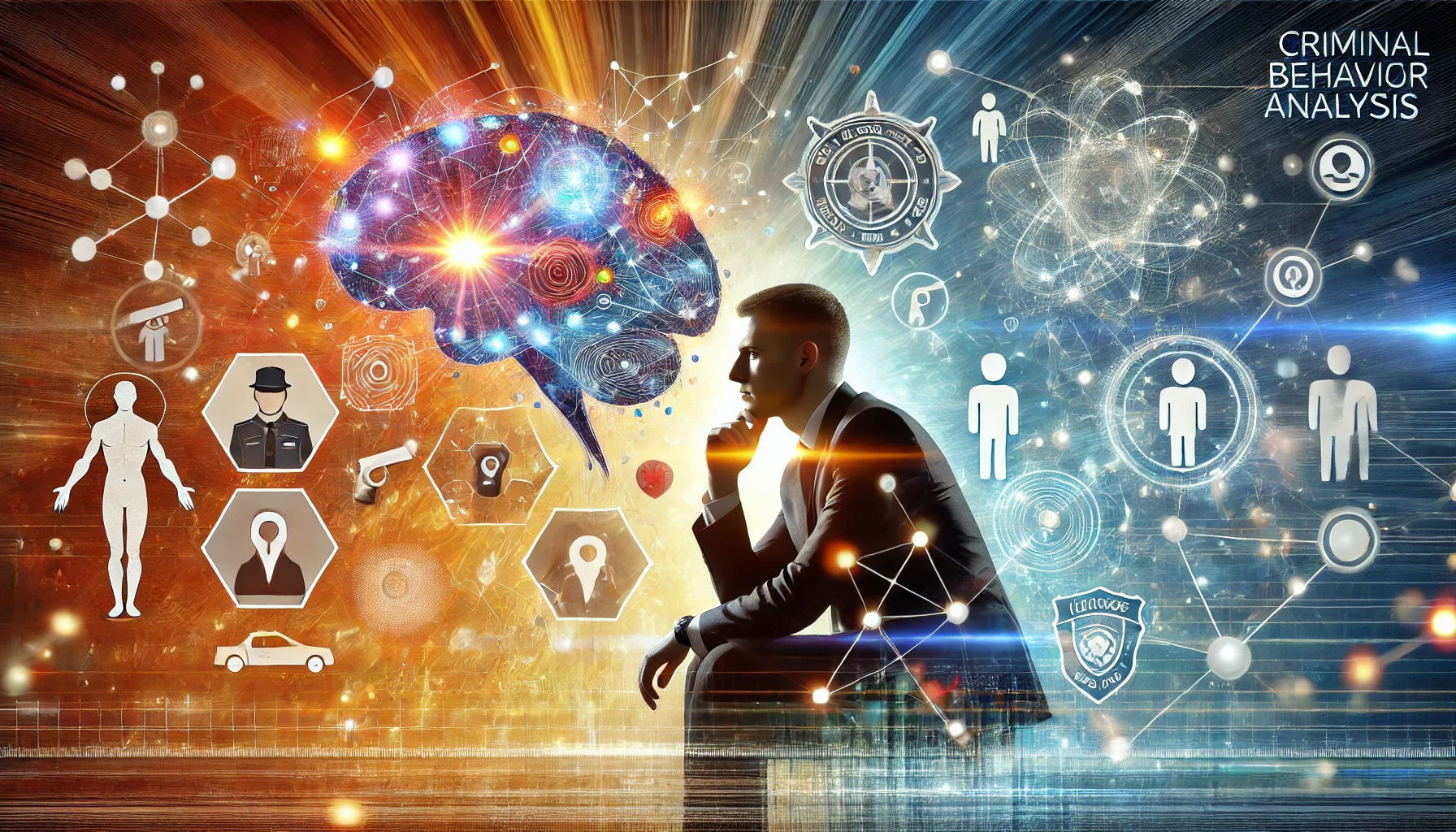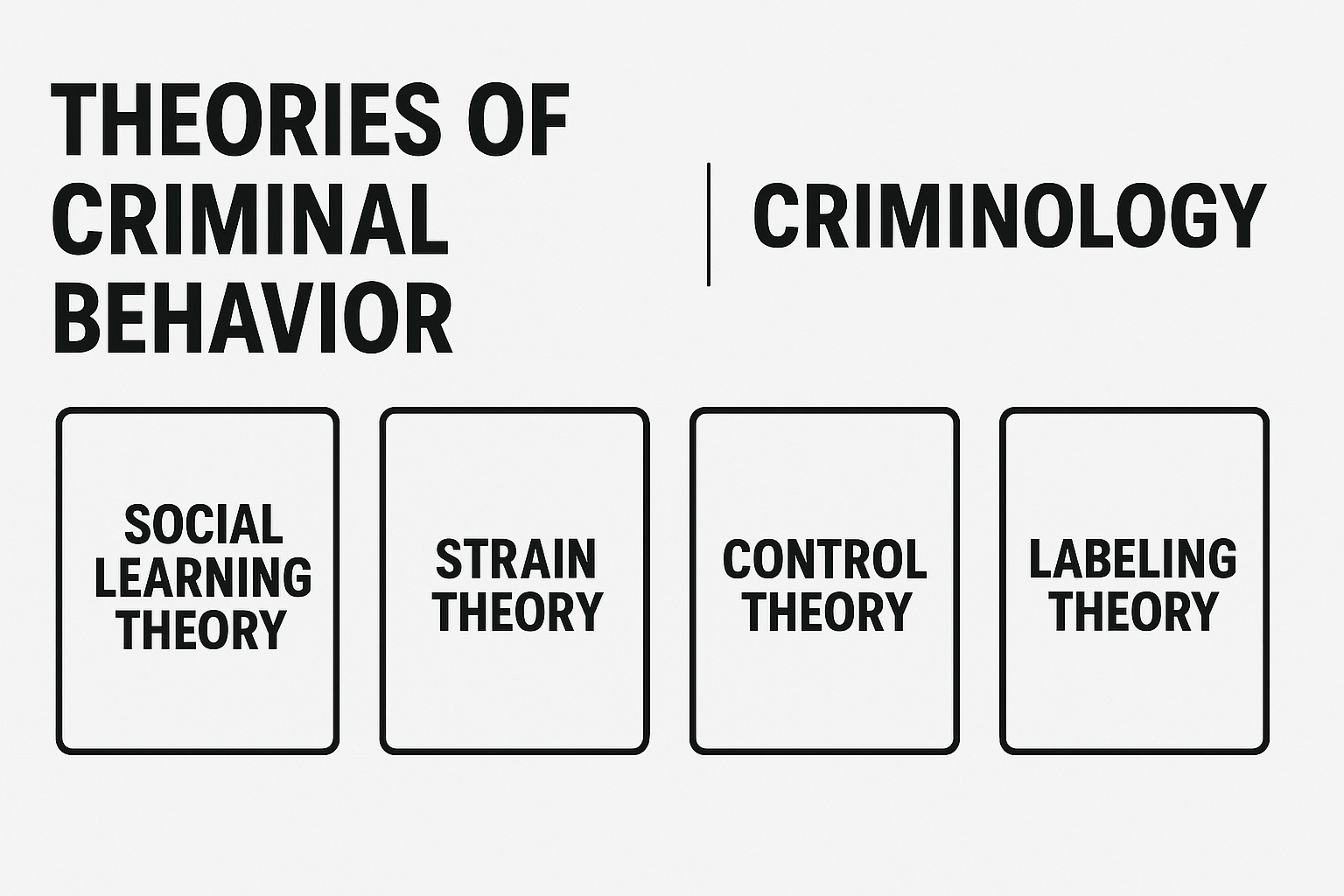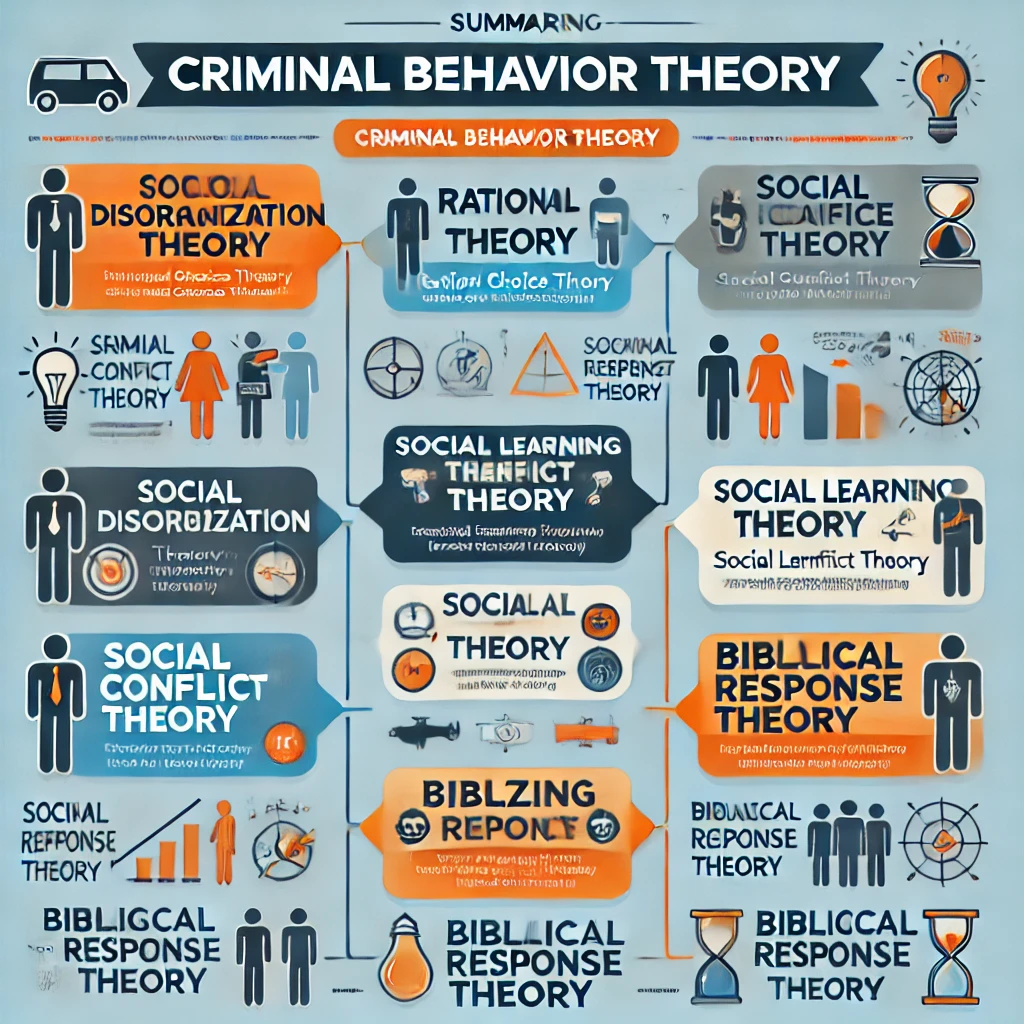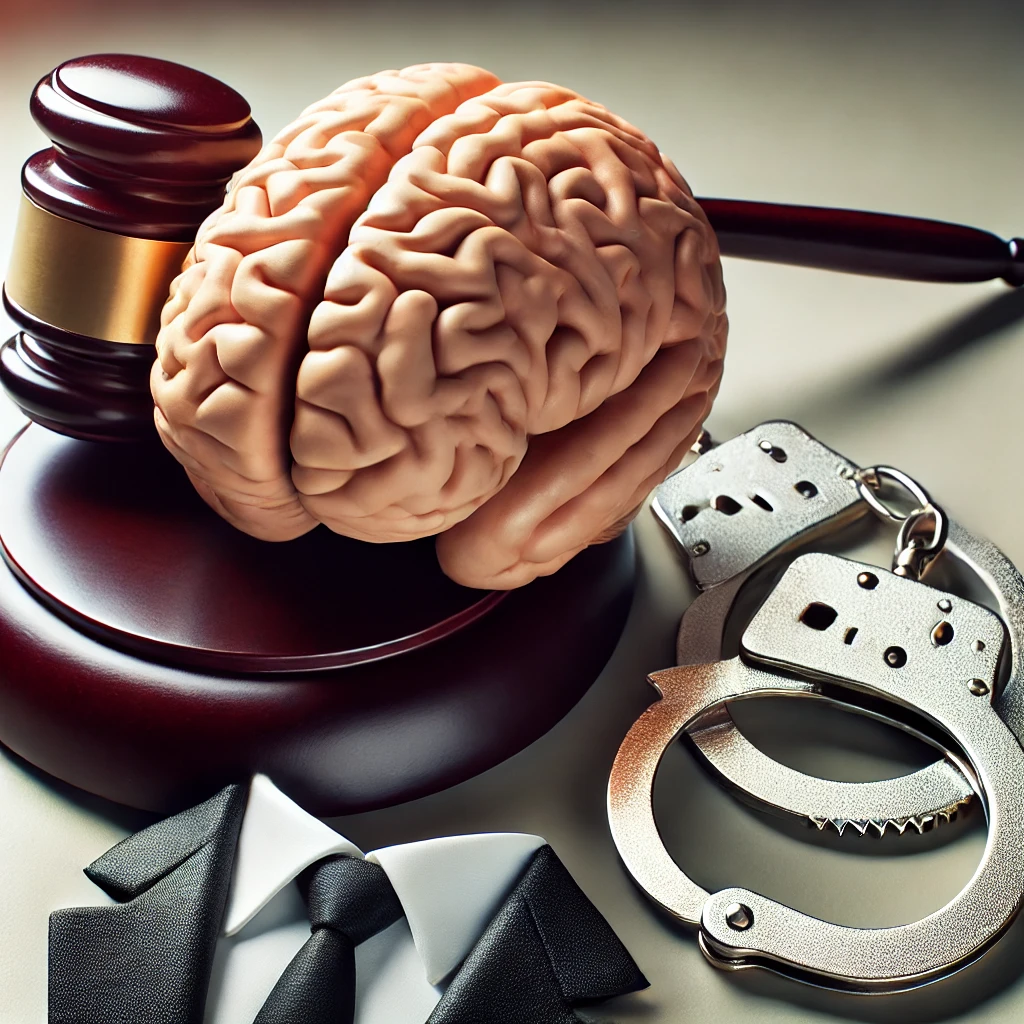Psychological Theories of Criminal Behavior
Understanding criminal behavior is a complex process that involves psychological, social, and environmental factors. Among the various explanations for why individuals engage in criminal activities, psychological theories play a central role. These theories delve into the mental processes, emotional states, and personal experiences that influence criminal conduct. This article explores some of the most influential … Read more

